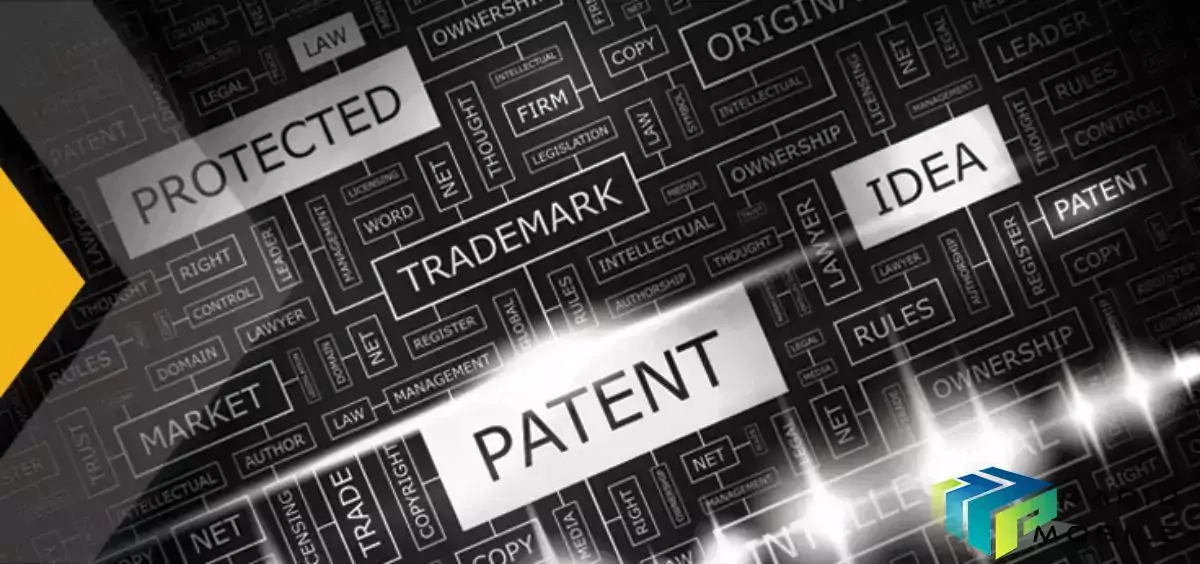BlackBerry has entered into a patent sale agreement with Catapult IP Innovations Inc., a Delaware company, pursuant to which BlackBerry has agreed to sell substantially all of its non-core patent assets to Catapult for total consideration of $600 million.
The transaction, involving the sale of over 38,000 BlackBerry patents and related licensing assets, is believed to be the largest such underwritten deal of its kind.
Patents that are essential to BlackBerry’s current core business operations are excluded from the transaction. BlackBerry will receive a license back to the patents being sold.
If it wasn’t clear enough before that BlackBerry are out of the mobile device game, the patents in question relate primarily to mobile devices, messaging and wireless networking.
BlackBerry says that this transaction will not impact customers’ use of any of BlackBerry’s products, solutions or services.
Catapult is a special purpose vehicle formed to acquire the BlackBerry patent assets. Catapult’s principal funding for the acquisition will be a $450 million senior secured term loan, for which it has received $400 million of conditional commitments from a lending syndicate led by Toronto-based Third Eye Capital that includes a Canadian pension fund.
At closing, BlackBerry will receive $450 million in cash and a promissory note in the principal amount of $150 million. The promissory note will be secured by a second lien on the assets of the purchaser and will be subordinated to the rights of the senior lending syndicate.
The promissory note will be payable in five equal annual instalments of $30 million in cash commencing on the third anniversary of the closing date, provided that the senior loan is not in default.
Tech+IP, a boutique advisory firm focused on advanced technology and patent transactions, served as BlackBerry’s exclusive financial and transaction advisor in connection with a transaction of BlackBerry IP Licensing assets.
Edmund Fish, co-Founder and Managing Director at Tech+IP commented:
“This deal reflects the great value of R&D investment made by BlackBerry, from its roots at the University of Waterloo, through a Company which pioneered wirelessly connected pagers and smartphones, to becoming the leading cybersecurity enterprise software and services company today,”
“At the same time, it also highlights the leadership and foresight of the BlackBerry Senior team to understand how these strategic assets could be leveraged to advance BlackBerry’s core operating businesses, grow shareholder value, and drive a next wave of Canadian innovation.”
Catapult says it has no intention of following the so-called “patent enforcement” business model.
Third Eye Capital is a syndicate to provide Catapult with a US$450-million senior secured term loan to finance the acquisition, which is equal to the cash payment BlackBerry said it would receive in up to seven months, once the deal passes U.S. and Canadian regulatory reviews.
Arif Bhalwani, chief executive officer of Third Eye Capital said:
“[Catapult] is not a patent troll and it doesn’t use aggressive legal tactics to try and enforce patent rights,”
“It is not going to try and bully people into entering into licences based on bogus claims or things like that, that is not the plan here.
“The most important premise of this transaction is helping emerging companies and growth companies access this treasure trove of IP,”
“BlackBerry wasn’t able to unlock all these licences because they had channel conflicts. You can’t ask your customer to get licensed when you’re already doing a cross-licensing deal with them.”
Completion of the transaction is conditional upon, among other things, satisfaction of all regulatory conditions under the Hart–Scott–Rodino Antitrust Improvements Act in the United States and the Investment Canada Act. This process could take up to 210 days.
BlackBerry has filed a Current Report on Form 8-K with the U.S. Securities and Exchange Commission in connection with its entry into the patent sale agreement, which contains further information including a description of the financing conditions relating to the transaction.



